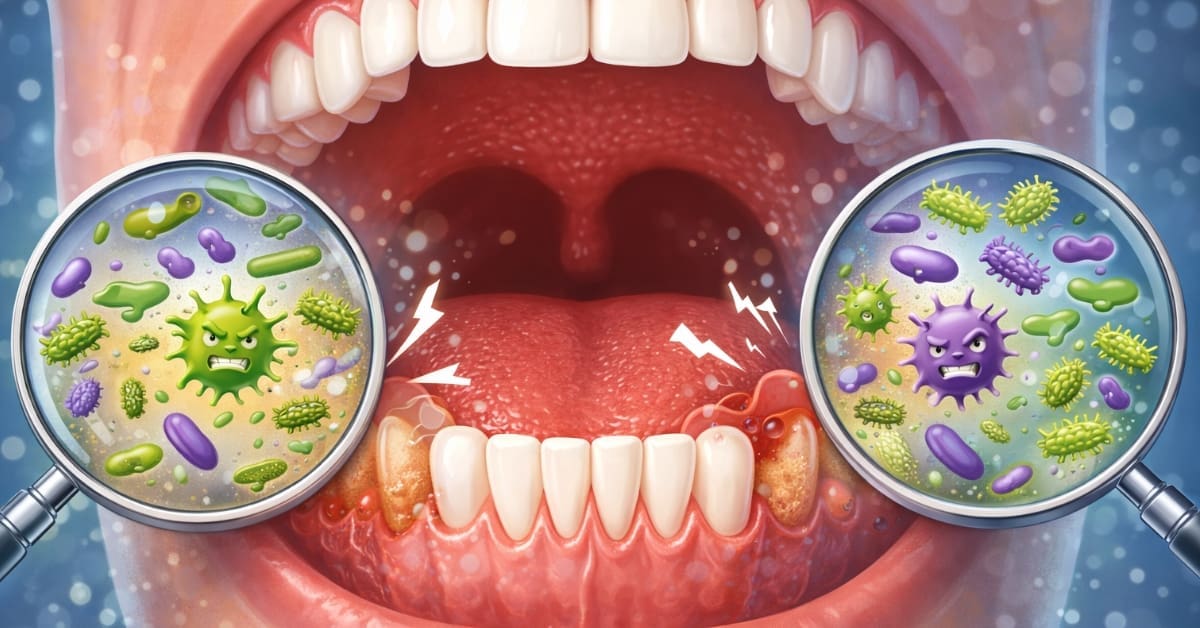If you are here now starting to read this article you are interested in the types of crowns, which we will discuss what’s essential for you to know.
We do damage to ourselves all the time without meaning to. This is especially true of our teeth and gums. Sometimes, adults can break a tooth chewing on a piece of ice. There are other times when a tooth can break or crack because you clench or grind your teeth at night. Teeth can also break or crack when they have a large filling, and the filling falls out.
There are many reasons you might need a crown. If you do need a crown, what type of crown is best for you? Here is some information on the different types of crowns.
What Are Crowns Used For?
Dentists use crowns to protect teeth when people damage them. Adults can damage their teeth in a variety of ways. Accidents and injuries can damage teeth. The older you are, the more likely you are to break a tooth. If you have a back molar with a large filling, your tooth may be weaker and prone to breaking. We can crown that tooth to protect it from further damage.
Dentists also use crowns as part of a root canal. We use root canals to clean out an infected tooth. Tooth decay, or a cavity, creates holes in your tooth. Over time, the hole made by the bacteria continues to grow. When the bacteria reach the tooth pulp, your tooth becomes infected. Your tooth may feel extremely painful. We can clean out the tooth and fill it, but it will be weaker. Placing a crown on the tooth makes it stronger.
Types of Dental Crowns
Traditional
There are three types of crowns. Dentists make traditional crowns from porcelain over a metal cap to make it stronger. Sometimes, they make them from composite material, which is a combination of plastic and glass. However, composite crowns are not as strong as porcelain crowns. The best dental crown material is porcelain.
Traditional crowns are custom-made for your tooth. You will get a model made, and when your new crown is ready, we will call you to return. We will, then, sand down your tooth a little and cement your new crown onto your tooth. Your crown will look and feel like your natural tooth.
Temporary Crowns vs. Permanent Crowns
There are times we need to put a temporary crown on your tooth while we make your permanent crown. Usually, dentists make temporary crowns from composite material. We use a temporary crown when your tooth is badly broken or cracked. If that happens, you may be in pain from your broken tooth until your permanent crown comes in. We don’t want you to be in pain while you wait. Temporary crowns act as a protective shield for your tooth and should stop the pain.
Crowns on Demand
One of the best things about our practice is that our customers don’t have to wait for a crown. Instead, we can offer our customers crowns while they wait. You won’t have to come back for a fitting, and you don’t have to have a temporary crown placed. Instead, when you come in with your broken tooth, we can fix it immediately. We can use pictures and X-rays to create a 3-D model of your tooth. We, then, make a mold and craft your new porcelain tooth while you’re sitting in our chair. Then, we fit your protective shield over your new tooth.
Let’s Discuss The Types of Crowns Further
Are you looking for a crown for your tooth? Contact Dr. Paul Feldman at Suburban Essex Dental. We are in Essex County. Dr. Paul Feldman has received the “Top Dentist” vote from NJ Monthly since 2012.





